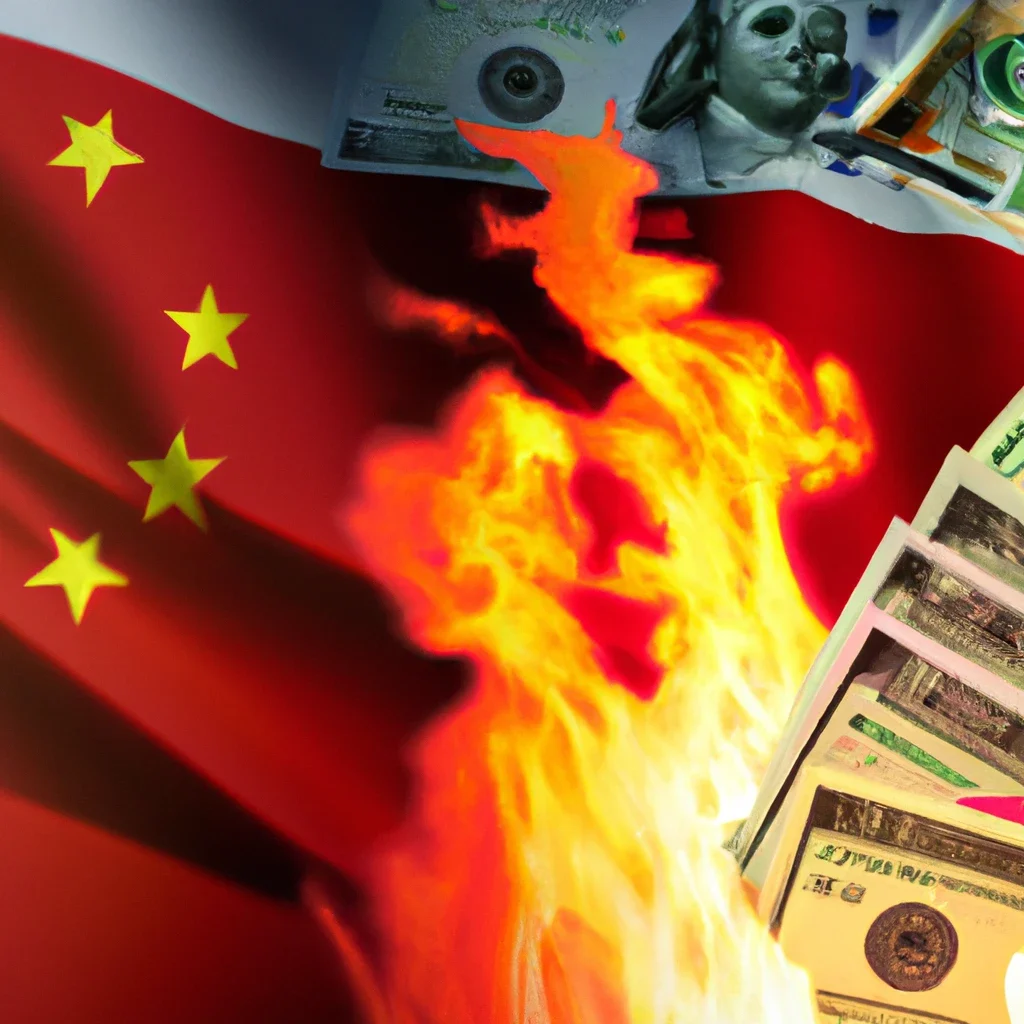The recent economic partnership between China and Russia to increase the use of their local currencies, the yuan and ruble, could have significant implications for the dominance of the U.S. dollar in global transactions. While the U.S. dollar remains the primary currency for global transactions, the increasing use of local currencies in international trade could lead to a decline in the value of the U.S. dollar and its role as the global reserve currency.
China and Russia have already started to use their local currencies in trade deal payments, accounting for two-thirds of payments between the two countries. The two countries have also agreed to expand bilateral trade, cooperate in energy and food security, and develop cross-border logistics infrastructure.
As China is already Russia’s largest trading partner, the economic partnership agreement could strengthen China’s position in the global economy, particularly as China has been pushing for the internationalization of its currency and self-sufficiency in energy and food supply.
While the economic partnership agreement does not explicitly mention the U.S. dollar, it is clear that China and Russia are moving away from relying on the U.S. dollar in international trade. China has been pushing for the internationalization of its currency, and its use in international trade has climbed into the low single-digit percentages. Russia, for its part, has been sanctioned by the U.S. and its allies, which has led it to seek closer ties with China and other countries.
The increasing use of local currencies in international trade could have negative implications for the U.S. dollar, particularly if other countries follow suit and start to use their own currencies in international trade. If the U.S. dollar loses its role as the global reserve currency, it could lead to a decline in the value of the dollar, which would make imports more expensive and could lead to inflation in the U.S. economy.
Moreover, the partnership between China and Russia has raised concerns in the U.S. and its allies, particularly given the ongoing conflict in Ukraine. The U.S. has issued sanctions against Russia over its invasion of Ukraine, and China’s support of Russia could further complicate the situation. The U.S. has called on China to press Russia to withdraw its troops from Ukraine and to end the conflict.
In conclusion, the economic partnership between China and Russia to increase the use of their local currencies could have significant implications for the global economy and the role of the U.S. dollar as the global reserve currency. While it remains to be seen how the partnership will develop, it is clear that China and Russia are moving away from relying on the U.S. dollar in international trade, which could have negative consequences for the U.S. economy.








